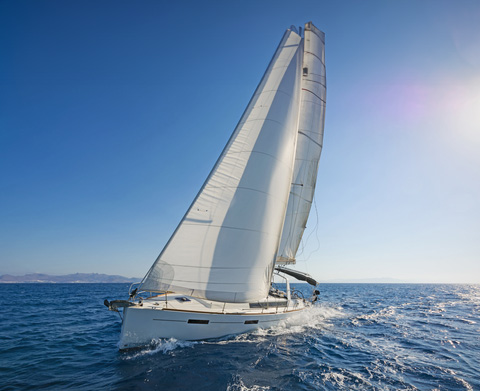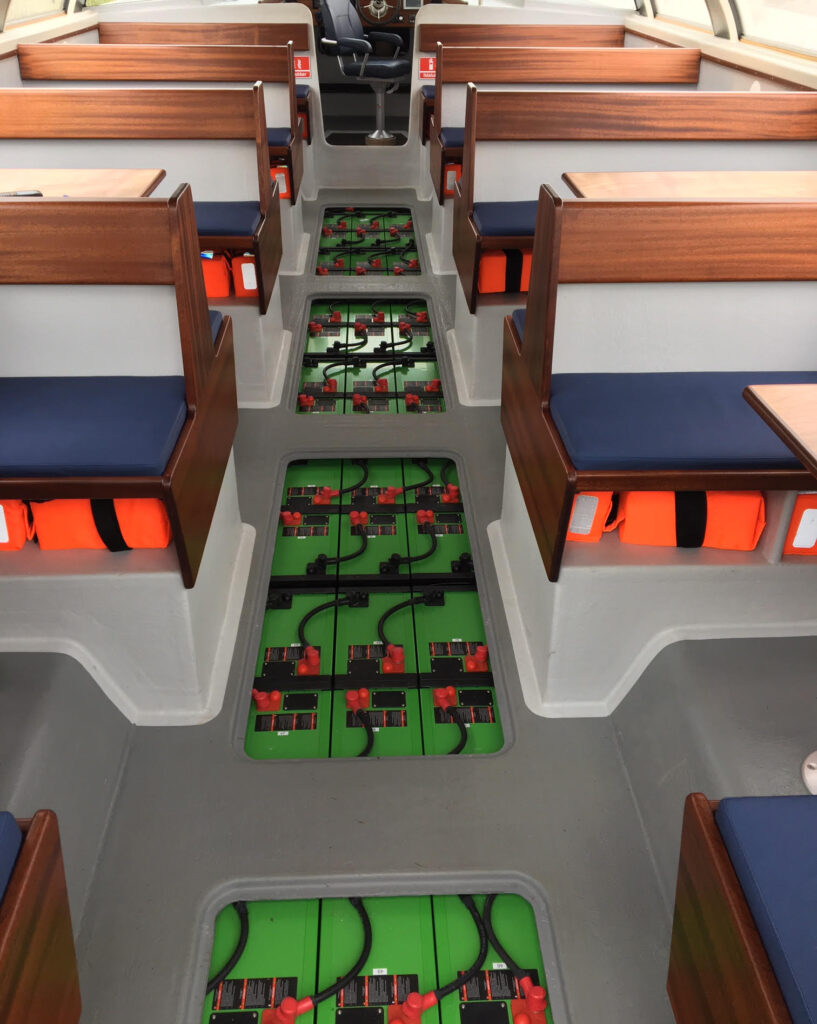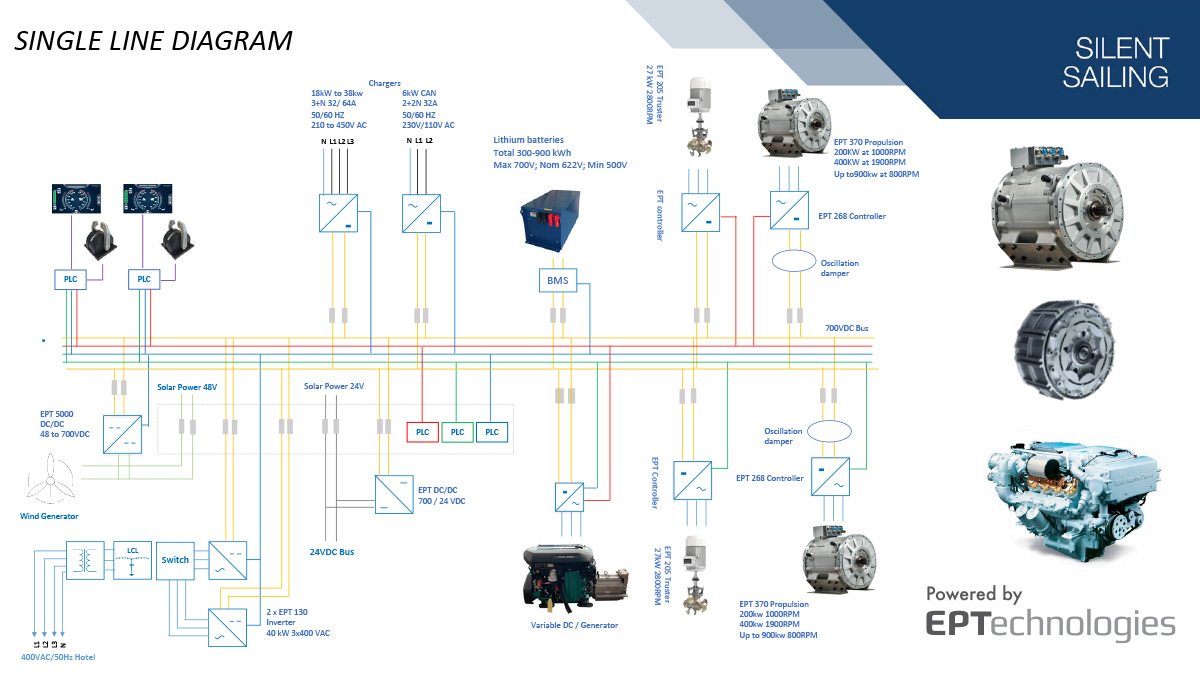Powerboats
In – / OutBoard
Environmental benefits
Powerboats
.
Electric propulsion is chosen for:
Lower noise levels
Environmental benefits
Our inboard engines are available from 10 kW to 400 kW.
Options for liquid cooling or air cooling.
EPTechnologies will guide you through the process
Ships and Ferries
Parallel Hybrid
Ships & Ferries
.
Class Certified if needed
Parallel hybrid for vessels up to 70 meters and 500 tonnes.

DENMARKS SHORTEST FERRY ROUTE IS A PIONEER OF BATTERY POWER
Sailing yachts
Mono & Multi – Hull
Sailing Yachts
An inboard engine fitting any purpose can be provided
Power range from 10 kW up to 400 kW
Available in liquid-cooled and air-cooled options

FROM THE PRACTICAL SAILING YACHTS TO THE SPORTY PERFORMANCE YACHTS
Propulsion
Electric Engines
Propulsion
Hybrid Engines
Tourist / Canal Boats
A Smoother Ride
Lower maintenance costs and reduced downtime for repairs.
Tourist & Canal Boats
Sustainability and Trends: Aligns with global moves toward environmentally friendly solutions.
Cost Savings: Reduces maintenance and fuel costs.
Improved Passenger Experience: Quieter operation and smoother performance enhance customer satisfaction.
Regulatory Compliance: Meets increasing environmental regulations for marine vessels.
Enhanced Brand Image: Positions the operator as a forward-thinking and eco-conscious leader.
Operational Efficiency: Electric motors have fewer moving parts, requiring less maintenance.
Lower maintenance costs and reduced downtime for repairs.
A canal boat converted into a reliable electric vessel, allowing customers to enjoy the beauty of the waterways with peace of mind, knowing they are contributing to a cleaner, greener future.


Tech Data
Next time you buy a boat, make sure it comes with an eco-plan
